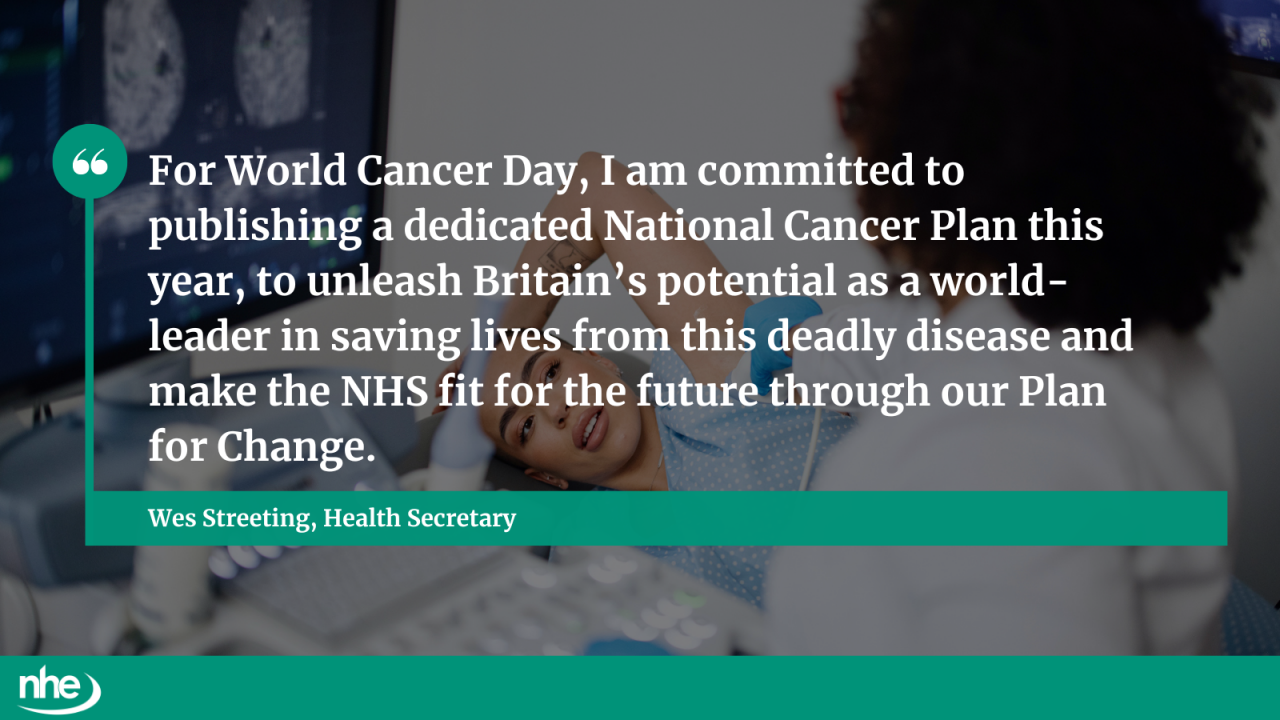In a landmark move to harness artificial intelligence for early breast cancer detection, the Department of Health and Social Care announced today that nearly 700,000 women across the UK will participate in the revolutionary EDITH trial. This cutting-edge initiative aims to demonstrate how AI can enhance breast cancer screening, allowing earlier identification of cancer cases.
Launching today, 4th February 2025, 30 testing sites nationwide will integrate the latest AI technologies, inviting women already scheduled for routine NHS screenings to participate. The AI tools are designed to assist radiologists in identifying changes in breast tissue that could indicate cancer, potentially reducing the need for two specialists per mammogram to just one. If successful, this trial could significantly free up hundreds of radiologists and other specialists, enabling them to attend to more patients, combat the rising cancer rates, and reduce waiting lists.
The EDITH trial, officially known as ‘Early Detection using Information Technology in Health’, benefits from an £11 million government grant via the National Institute for Health and Care Research (NIHR). This initiative reflects the British government's commitment to leveraging innovative technologies to transform cancer care and address one of the UK's biggest health challenges.
Wes Streeting, Secretary of State for Health and Social Care, commented:
“As a cancer survivor, I feel like one of the lucky ones.
“With record numbers of people diagnosed with cancer, and Lord Darzi finding that cancer survival is worse in this country than our peers, I know that urgent action is needed to save lives and improve patient care.
“That’s why for World Cancer Day, I am committed to publishing a dedicated National Cancer Plan this year, to unleash Britain’s potential as a world-leader in saving lives from this deadly disease and make the NHS fit for the future through our Plan for Change.”

Breast cancer remains the most common cancer among women, with approximately 55,000 new cases annually. Women aged between 50 and 71 are currently invited for screenings every three years, resulting in around 2.1 million breast cancer screenings annually. These screenings help prevent approximately 1,300 deaths each year.
In conjunction with the trial's launch, the Health and Social Care Secretary will announce a call for evidence today at an event hosted by Macmillan Cancer Support, marking World Cancer Day. Cancer experts, patients, and healthcare professionals are invited to contribute to the development of a new National Cancer Plan. This plan aims to make the UK a leader in cancer survival rates by improving research, diagnosis, screening, treatment, and prevention.
The government's dedication to integrating AI into public services is further emphasised by the recent AI Opportunities Action Plan, which has secured over £14 billion in investments since its launch. The forthcoming National Cancer Plan, due later this year, will outline specific actions to reduce cancer-related deaths, enhance survival rates, and improve patient experiences, including targeted initiatives for rarer cancers.
As part of this comprehensive approach, the government has relaunched the Children and Young People’s Cancer Taskforce, co-chaired by Dame Caroline Dinenage and Professor Darren Hargrave, with Dr Sharna Shanmugavadivel as vice-chair. This taskforce will focus on improving treatment, detection, and research for paediatric cancers, contributing to the National Cancer Plan.
Britain's position as a global leader in advanced therapies is reinforced with the launch of the UK Collaborative for Cancer Clinical Research. This initiative, hosted by the Association of Medical Research Charities, aims to coordinate efforts, target investments, and promote innovation in cancer research.
The government's Plan for Change is set to revolutionise the NHS, making it fit for the future with a focus on cutting-edge medical innovations. With new targets in place, from March 2026, around 100,000 more people annually will receive a cancer diagnosis or all-clear within 28 days, and 17,000 more will begin treatment within two months of diagnosis.
Image credit: iStock



















